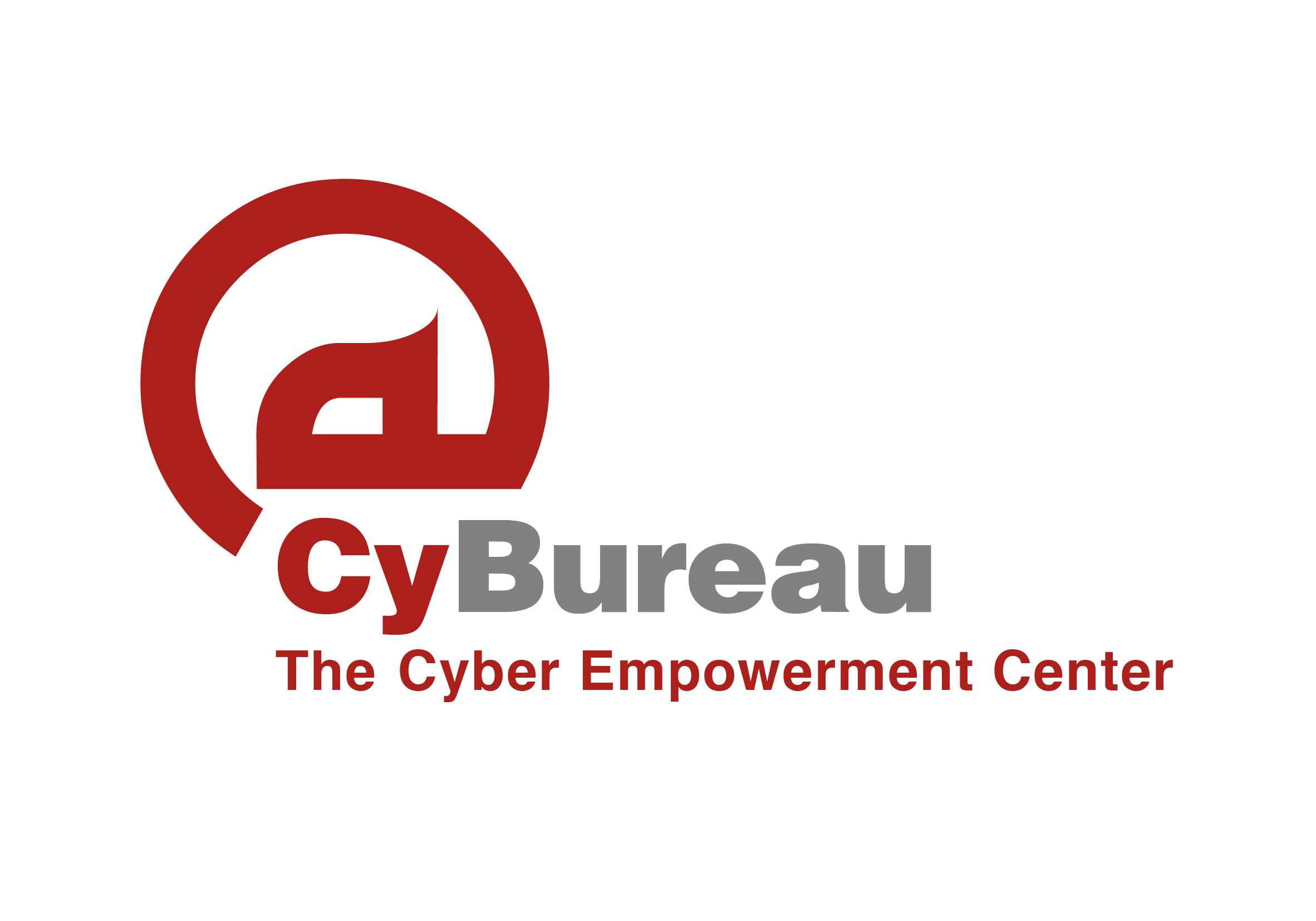Online scams: From phishing emails to fake apps
The COVID-19 Pandemic has shown the dual-sided nature of cyberspace. While it enabled people from across the globe to get connected it also has several pitfalls. The connectivity through various apps ensured various activities can be done smoothly. At the same time, there are reports of fake apps and websites which target mobile internet users. The Fake apps online scam has grown to become a major concern for the Cyber Cell of the Police across many cities in India. Major Indian cities such as Mumbai, Delhi and Hyderabad have witnessed multiple police raids where syndicates running fake websites and apps have been busted. One of the most popular ways that have been used to attract people is fake investment apps and websites that lure innocent people for high returns in a relatively short time span. This temptation has led to several individuals losing huge sums of money across India.
In one of the cases which were busted in the capital city of Delhi, it was found that social media apps were used as a tool to connect to people. The handlers in the case were found to be Chinese, who used interesting Indian counterparts to create a fake bank account in the name of shell companies, promote the app locally and transfer the money. A link of an “online app” was seen to be used as multi-level marketing among mobile users.

The cases related to fake apps have been an issue of concern, however, as per the cyber cell of reports, these apps were successfully disabled. Thus, avoiding further fraud. A more recent trend is the usage of the ongoing Coronavirus Pandemic by cybercriminals. The fear among the people is being exploited to scam people. While the world is battling a health emergency, cyberspace is being used to target unwary individuals. The World Health Organization (WHO) is one of the names that has seen an increase in its usage during Health Emergencies. The fraudsters have gone to the extent of misusing WHO. Cybercriminals have been found to be posing as WHO authorities to scam people. They are found by using phishing emails to steal sensitive information from users. Another commonly found method is to send emails containing malicious PDFs or links. In both instances, a common strategy, “providing information about the spread of the Virus and what protection measures need to be taken to protect oneself”, is being used.
Source: https://www.eastrockhilltownship.org/resources/news/article/?id=5081
The scammers are quick in capitalizing on situations for their own gains. The Coronavirus scare has provided another opportunity for fraud. Various websites have been coming up which make various claims such as, “providing the best detection at low cost”, “products which claim to safeguard against or cure the Virus”, etc. As the pandemic set in, there was a significant increase in the demand for face masks and sanitisers. This opened the door for fake sellers whose primary aim is to target informal marketplaces such as Groups in the various Chat and social media platforms. In such cases, the fake channels are found to be promising goods that are never delivered.
While the list of the various avenues through which the cybercriminals are riding the wave of the pandemic goes on, fake organizations asking for donations to support people from the pandemic are also on the rise. These campaigns try to trick people by playing the emotional card, where the individuals are convinced “to do their bit” in fighting the pandemic. While donating to a particular fundraiser is one’s own decision, it is always advised to do a proper background check before committing to donate.
Economic and financial frauds in cyberspace have been on the rise ever since mobile internet usage became a common phenomenon. The existing situation is extensively being used by scammers to cheat people, just as in the case of the ongoing pandemic. The Internet and the cyber domain are a double-edged sword. While it has ensured the smooth functioning of activities that would have come to a standstill, but at the same time, it has also opened Pandora’s box for online scams and frauds. Therefore, as an individual, one has to be careful while using the internet by doing the necessary background research.




